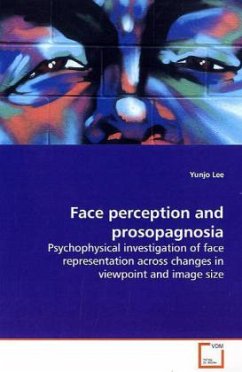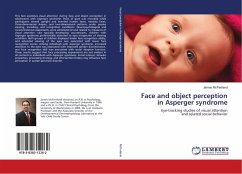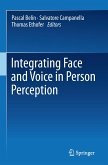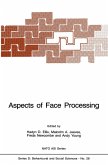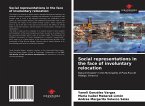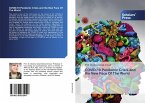Face recognition is a critical skill for our social
adaptation; disorders of face recognition can impose
very frustrating and embarrassing problems on the
affected person. Although face recognition is usually
an automatic and effortless process for most of us,
it entails very complex neural computations, most of
which are still beyond our knowledge. This book
presents review of recent scientific findings on face
recognition and prosopagnosia (face-blindness) and
psychophysical studies that were conducted with human
observers including individuals with prosopagnosia.
These studies have investigated the manner in which
faces are represented in the visual system under
changes in viewpoint and image size. Using unique
methods including synthetic faces, the present work
has extended the findings of previous studies and
provided insight into the neural mechanisms that
underlie face processing and prosopagnosia. Face
recognition is a promising venue of scientific and
clinical investigations and offers a wide range of
commercial, security and law enforcement
applications. The reader should be somewhat familiar
with psychophysical methods.
adaptation; disorders of face recognition can impose
very frustrating and embarrassing problems on the
affected person. Although face recognition is usually
an automatic and effortless process for most of us,
it entails very complex neural computations, most of
which are still beyond our knowledge. This book
presents review of recent scientific findings on face
recognition and prosopagnosia (face-blindness) and
psychophysical studies that were conducted with human
observers including individuals with prosopagnosia.
These studies have investigated the manner in which
faces are represented in the visual system under
changes in viewpoint and image size. Using unique
methods including synthetic faces, the present work
has extended the findings of previous studies and
provided insight into the neural mechanisms that
underlie face processing and prosopagnosia. Face
recognition is a promising venue of scientific and
clinical investigations and offers a wide range of
commercial, security and law enforcement
applications. The reader should be somewhat familiar
with psychophysical methods.

